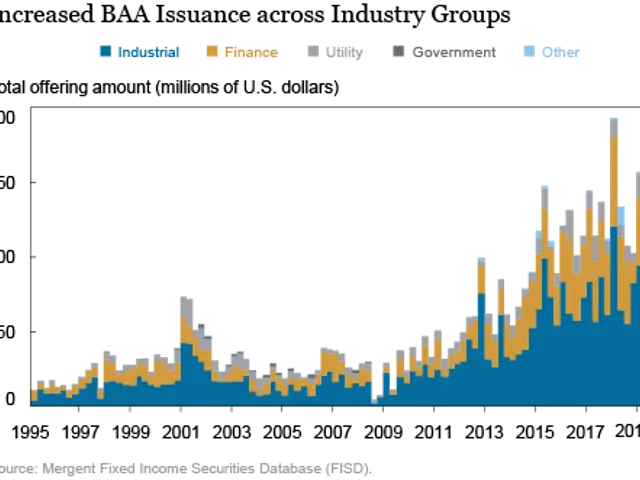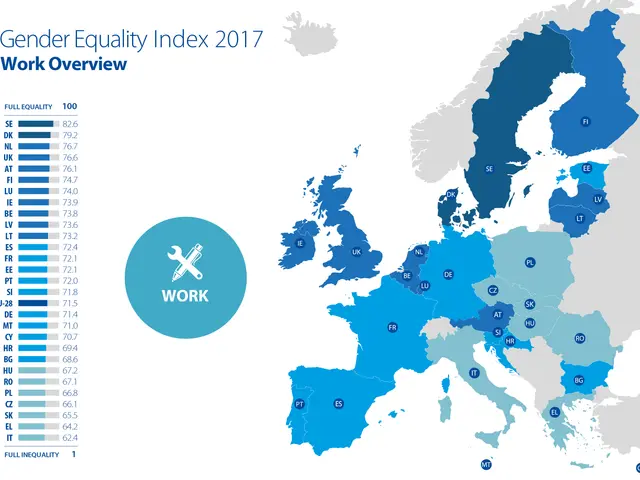Important Legal Nuances of Reverse Mortgages You Should Know
Reverse Mortgages: A Financial Lifeline with Hidden Pitfalls
If you're 62 and up, a reverse mortgage might seem like the solution to boost your retirement funds, but heed this warning: these home equity loans aren't as straightforward as they seem. From foreclosure risks to complicated inheritance situations, it's crucial to tread carefully before sealing the deal.
Here's why you need to dive deep into the legalities of reverse mortgages to steer clear of unpleasant surprises down the road:
Understanding the Eligibility and Legal Requirements
Age and residence aren't the only factors to consider. To secure a reverse mortgage, you'll need a substantial amount of equity in your home. Even after receiving the loan, additional legal responsibilities await, including property tax payments, homeowners insurance, and property maintenance. Neglecting these obligations may lead to defaulting on the loan, potentially resulting in foreclosure.
Unlocking the Family Impact
Your decision affects more than just you; it can impact your heirs as well. When you pass away, the lender claims the property, and your loved ones must settle the outstanding loan balance to keep the home. Multiple heirs might face conflicts, with some wanting to keep the family home, while others wish to cash out. In the worst-case scenario, such disputes may proceed to probate court.
Navigating Foreclosure Risks
While monthly payments are eliminated, you still face foreclosure risks. Neglecting property upkeep, unpaid property taxes, or extended stays in a nursing home for over a year can trigger foreclosure.
Dodging the Fine Print
Choose wisely between lump-sum payouts, monthly checks, and credit lines, as each option comes with added ramifications. For instance, a lump-sum payment can quickly reduce your home's equity, leaving less assets for your heirs, while higher interest rates can inflate the loan balance. Additionally, numerous fees such as origination costs, insurance, servicing charges, and closing fees may cut into your payout.
Government Protections and Limitations
Breath a sigh of relief, as there's some regulation in place. Government agencies like HUD and the FHA monitor reverse mortgages to prevent shady lenders from exploiting homeowners. They require lenders to confirm that borrowers can manage property taxes and insurance, thus reducing foreclosure risks.
Tax Implications and Alternatives
The good news is that the money you receive from a reverse mortgage isn't treated as income by the IRS. However, it can impact your financial picture in other ways, such as estate planning or Medicaid eligibility.
Seeking guidance from a tax professional or financial advisor can help navigate these complications. Alternatives like home equity loans, HELOCs, or selling and downsizing may offer fewer strings attached.
The Bottom Line
Reverse mortgages can provide financial relief for retirees, but their intricate legalities and potential risks necessitate careful consideration. Consult legal and financial professionals, evaluate alternatives, and ensure the strategy aligns with your long-term objectives. In the end, a little due diligence can safeguard you and your loved ones from future financial hardships.
In personal-finance, evaluating reverse mortgages requires more than just considering age and housing-market conditions, as understanding the eligibility and legal requirements, unlocking the family impact, navigating foreclosure risks, and dodging the fine print is essential to avoid unpleasant surprises. In real-estate investment, reverse mortgages may appear beneficial, but their intricate legalities can potentially impact your personal-finance and personal life significantly.




